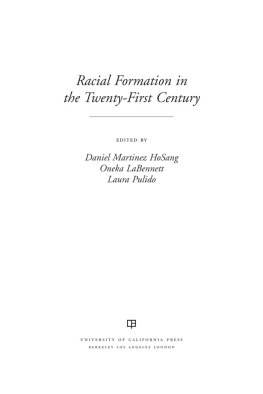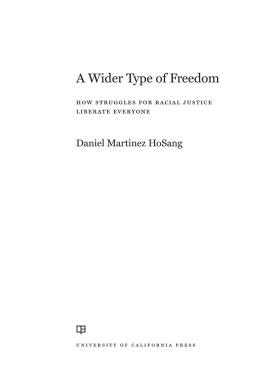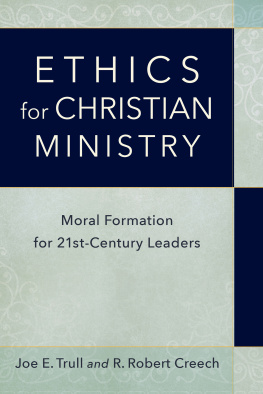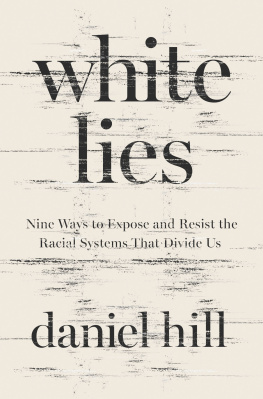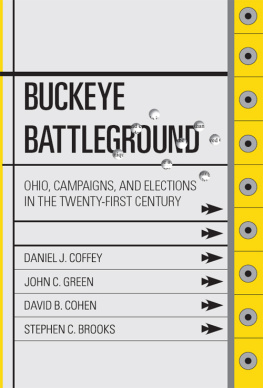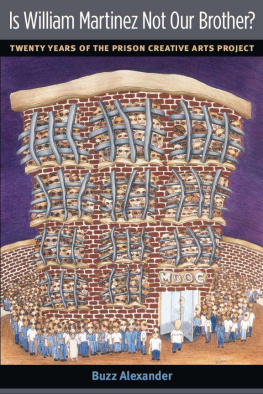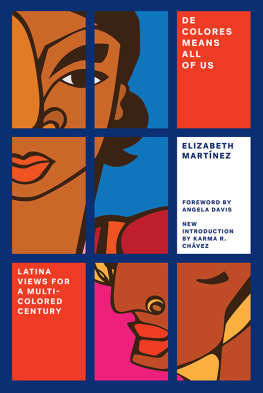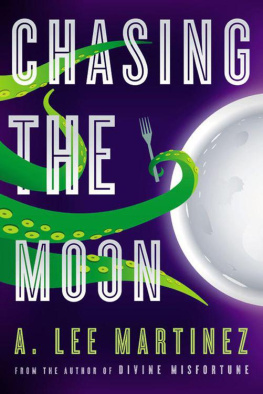Daniel Martinez Hosang - Racial Formation in the Twenty-First Century
Here you can read online Daniel Martinez Hosang - Racial Formation in the Twenty-First Century full text of the book (entire story) in english for free. Download pdf and epub, get meaning, cover and reviews about this ebook. year: 2012, publisher: University of California Press, genre: Politics. Description of the work, (preface) as well as reviews are available. Best literature library LitArk.com created for fans of good reading and offers a wide selection of genres:
Romance novel
Science fiction
Adventure
Detective
Science
History
Home and family
Prose
Art
Politics
Computer
Non-fiction
Religion
Business
Children
Humor
Choose a favorite category and find really read worthwhile books. Enjoy immersion in the world of imagination, feel the emotions of the characters or learn something new for yourself, make an fascinating discovery.
- Book:Racial Formation in the Twenty-First Century
- Author:
- Publisher:University of California Press
- Genre:
- Year:2012
- Rating:4 / 5
- Favourites:Add to favourites
- Your mark:
- 80
- 1
- 2
- 3
- 4
- 5
Racial Formation in the Twenty-First Century: summary, description and annotation
We offer to read an annotation, description, summary or preface (depends on what the author of the book "Racial Formation in the Twenty-First Century" wrote himself). If you haven't found the necessary information about the book — write in the comments, we will try to find it.
Racial Formation in the Twenty-First Century — read online for free the complete book (whole text) full work
Below is the text of the book, divided by pages. System saving the place of the last page read, allows you to conveniently read the book "Racial Formation in the Twenty-First Century" online for free, without having to search again every time where you left off. Put a bookmark, and you can go to the page where you finished reading at any time.
Font size:
Interval:
Bookmark:
the Twenty-First Century

Oneka LaBennett
Laura Pulido

Portions of chapter 2 were previously published in James Kyung-Jin Lee, The Transitivity of Race and the Challenge of the Imagination, PMLA, vol. 123, no. 5, (October 2008): 15501556. Portions of chapter 9 were previously published in Devon W. Carbado and Cheryl Harris, The New Radical Preferences, 96 California Law Review 1139 (2008). Portions of chapter 11 were previously published in Nicholas De Genova, Antiterrorism, Race, and the New Frontier: American Exceptionalism, Imperial Multiculturalism, and the Global Security State, Identities, vol. 17, no. 6 (2010).
University of California Press, one of the most distinguished university presses in the United States, enriches lives around the world by advancing scholarship in the humanities, social sciences, and natural sciences. Its activities are supported by the UC Press Foundation and by philanthropic contributions from individuals and institutions. For more information, visit www.ucpress.edu.
University of California Press
Berkeley and Los Angeles, California
University of California Press, Ltd.
London, England
2012 by The Regents of the University of California
Library of Congress Cataloging-in-Publication Data
Racial formation in the twenty-first century/edited by
Daniel Martinez HoSang, Oneka LaBennett, Laura Pulido.
p. cm.
Includes bibliographical references and index.
ISBN 978-0-520-27343-6 (cloth : alk. paper)
ISBN 978-0-520-27344-3 (pbk. : alk. paper)
1. Omi, Michael. Racial formation in the United States. 2. United StatesRace relations. 3. RacismUnited States. 4. Race. 5. Racism. 6. Sexism. I. HoSang, Daniel. II. LaBennett, Oneka. III. Pulido, Laura.
E184.A1O4637 2012
305.800973dc23
2012010842
Manufactured in the United States of America
20 19 18 17 16 15 14 13 12
10 9 8 7 6 5 4 3 2 1
In keeping with a commitment to support environmentally responsible and sustainable printing practices, UC Press has printed this book on Rolland Enviro100, a 100 percent postconsumer fiber paper that is FSC certified, deinked, processed chlorine-free, and manufactured with renewable biogas energy. It is acid-free and EcoLogo certified.
Dedicated to the memory of Peggy Pascoe (19542010) and Clyde Woods (19572011)
Daniel Martinez HoSang and Oneka LaBennett
PART ONE
RACIAL FORMATION THEORY REVISITED
Priya Kandaswamy
Roderick A. Ferguson
James Kyung-Jin Lee
Andrea Smith
PART TWO
RACIAL PROJECTS AND HISTORIES OF RACIALIZATION
Matthew Garcia
Michelle A. McKinley
Toms Almaguer
Gary Delgado
Devon W. Carbado and Cheryl I. Harris
PART THREE
WAR AND THE RACIAL STATE
Sherene H. Razack
Nicholas De Genova
Nikhil Singh
Michael Omi and Howard Winant
In the preface to the first edition of Racial Formation in the United States,Michael Omi and Howard Winant wrote: To study race in the United States is to enter a world of paradox, irony, and danger. In this world, arbitrarily chosen human attributes shape politics and policy, love and hate, life and death. All the powers of the intellectartistic, religious, scientific, politicalare pressed into service to explain racial distinctions, and to suggest how they may be maintained, changed, or abolished (1986, xiii).
This edited volume, arriving twenty-five years after the first publication of Racial Formation in the United States, brings together thirteen essays from scholars in a wide range of fields to again enter a world of paradox, irony, and danger. The contributors explore far-reaching concerns: slavery and land ownership; labor and social movements; torture and war; sexuality and gender formation; indigeneity and colonialism; genetics and the body. From the ecclesiastical courts of seventeenth century Lima to the cell blocks of Abu Ghraib, the essays draw from Omi and Winants influential theory of racial formation, which they defined as the sociohistorical process by which racial categories are created, inhabited, transformed, and destroyed (1994, 55). The contributors share many of Omi and Winants theoretical convictions about the centrality of race to all social and political structures in the United States, the unstable and decentered complex of social meanings that constitute race, the dynamic relationship between social movements and the state, the interaction between micro- and macro-level dimensions of race, and a refusal to reduce race to other categories of analysis, such as class, ethnicity, or nation (Omi and Winant 1994, 55).
At the same time, the contributors ask an array of questions not fully elaborated in Omi and Winants original work: How is the gendered and sexual basis of racial formation most productively theorized? How do theories about the biological basis of race continue to shape assumptions about the social and political construction of race? How might racial formation theory effectively engage issues of indigeneity, war making, and settler colonialism? Racial Formation in the Twenty-First Century explores these and other questions, building on twenty-five years of scholarship since Omi and Winants generative insights first came to light.
In a 1982 speech delivered to the Colorado Bar Convention, Ronald Reagans solicitor general, Rex E. Lee, offered a provocative defense of the administrations stance on civil rights. Since his election two years earlier, Reagan had come under criticism by major civil rights groups on a number of important issues. In a recent case before the U.S. Supreme Court, for example, Lee had written a brief in support of a California effort to end mandatory desegregation programs in public schools; the subsequent ruling marked the first time that students attending desegregated schools were reassigned to segregated ones as a result of a court order. The administration had also refused to take a stance against a Texas law banning undocumented students from public schools, and reversed the position of two previous Republican presidents by withdrawing legal support for the Internal Revenue Services denial of tax exemptions to private schools that practice racial discrimination.
Lee insisted, however, that it would be erroneous to assume that the Reagan administration did not wholly support civil rights. What is it that qualifies a legal position as procivil rights or anticivil rights? he asked. Certainly not the fact that the position is advanced, or opposed, by any certain group. Defining civil rights as rooted in the pursuit of individual rights and individual interests, he contended, it would be a profound disservice to the American public to assume that all positions espoused by certain groups automatically deserve the label procivil rights
Two decades earlier, at the height of the desegregation struggle centered in the U.S. South, there was little disagreement about the policy positions that determined whether someone could be identified as procivil rights or anticivil rights; the terms appeared self-defining. Lees insistence by the early 1980s that the Reagan administration could dismantle desegregation policies in the name of protecting civil rights marked a powerful transformation within U.S. racial politics. Reagan could make potent appeals to white political identity while claiming to operate within the ethical norms of liberal anti-racism. He could denounce welfare queens and champion states rights in the heart of Dixie while steadfastly insisting on his own racial innocence. And he could draw in the supporters of unapologetic segregationists like George Wallace while still declaring his resolute support for civil rights (Edsall and Edsall 1992).
Font size:
Interval:
Bookmark:
Similar books «Racial Formation in the Twenty-First Century»
Look at similar books to Racial Formation in the Twenty-First Century. We have selected literature similar in name and meaning in the hope of providing readers with more options to find new, interesting, not yet read works.
Discussion, reviews of the book Racial Formation in the Twenty-First Century and just readers' own opinions. Leave your comments, write what you think about the work, its meaning or the main characters. Specify what exactly you liked and what you didn't like, and why you think so.

